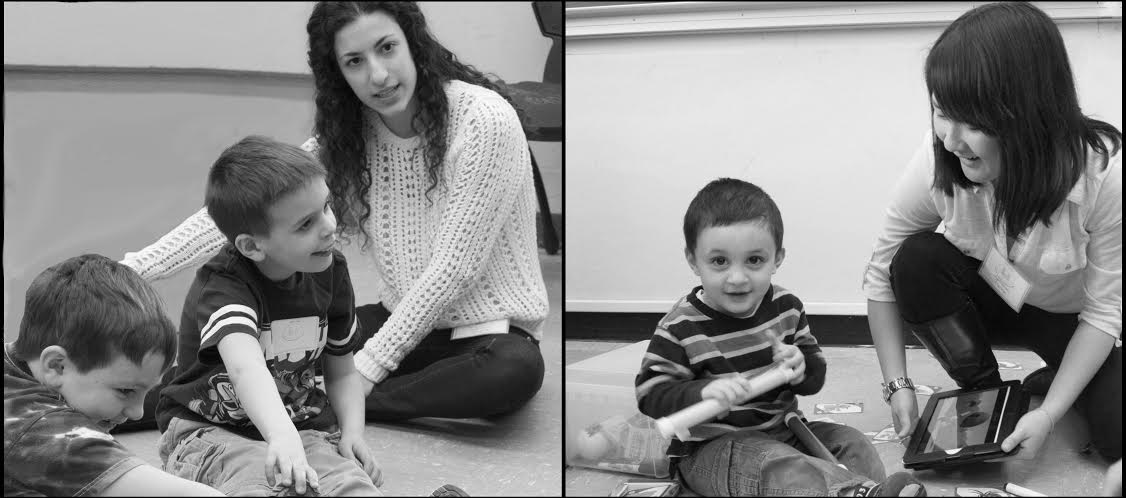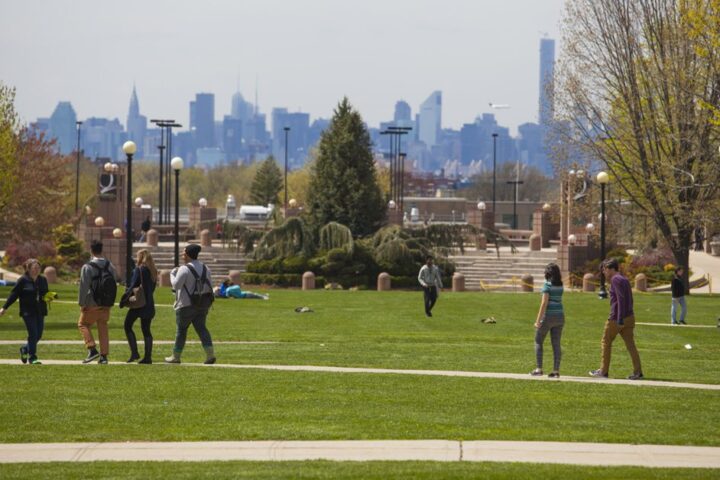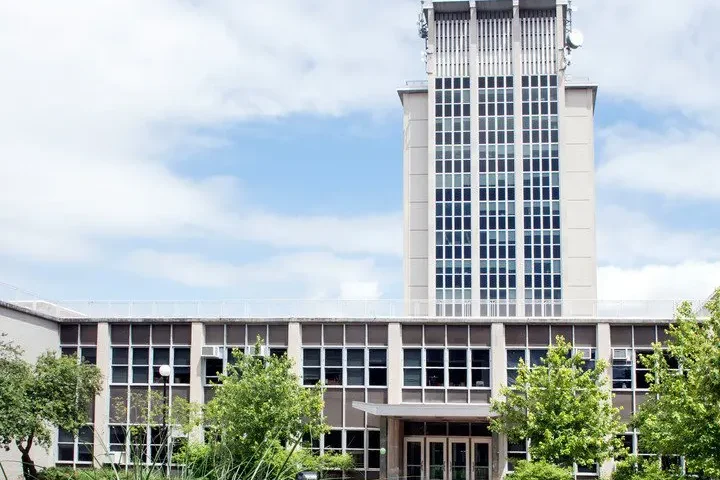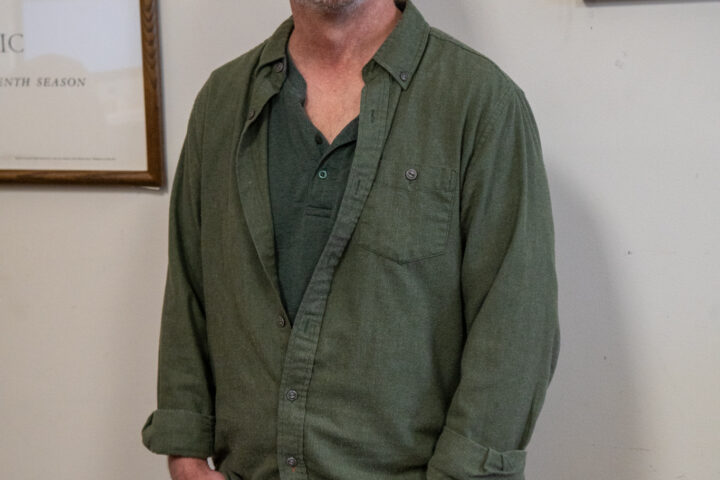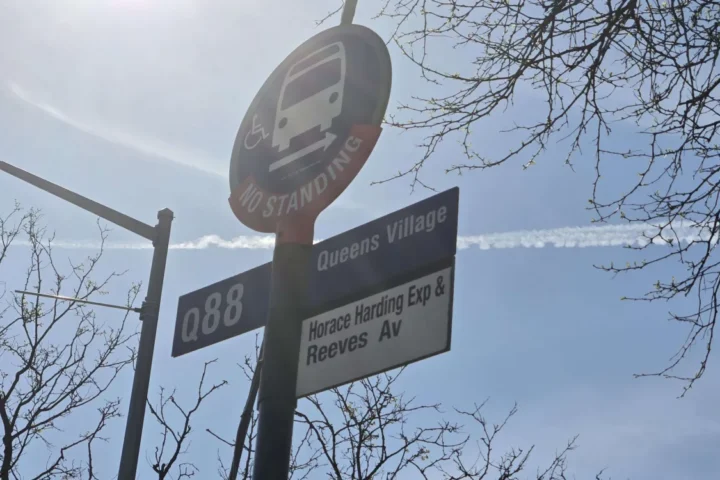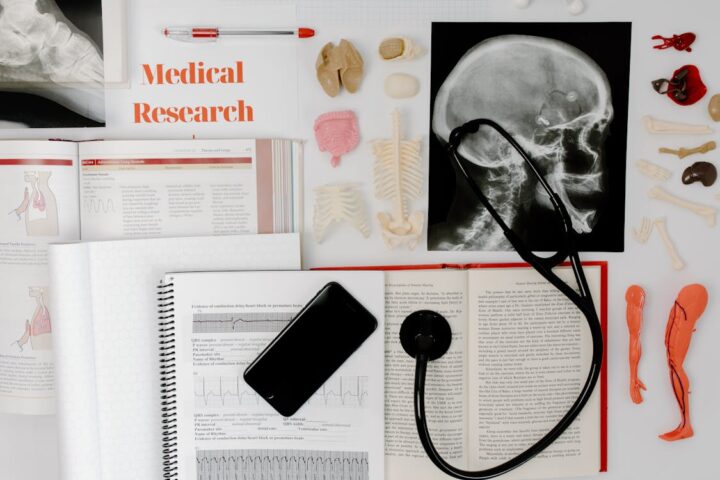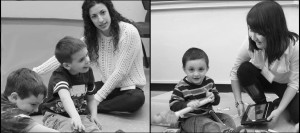
Gayane supporting her child during recreation time and Allana supporting her child during skills instruction.
In today’s age, where everything is in a constant state of movement and change, one thing that remains timeless is the idea of encouraging students to make this world a better place. Here at Queens College, the very foundational principle of our school is to help and serve the people around us. Our motto, “Discimus ut Serviamus”, which translates into, “We learn so that we may serve,” is a driving force in what paths students choose to embark on, and the classes they take along the way. One class that exemplifies what it means to learn and really serve others in our community, is a program offered to undergraduate students through a psychology practicum known as SIBS Club.
The SIBS Club program was first created on Long Island by Drs. Kathleen Feeley (Center for Community Inclusion at LIU Post) and Emily Jones with such success that is was brought over and replicated here at Queens College by Drs. Emily Jones and Daniel Fienup. SIBS Club fosters healthy interactions between children with autism and their siblings as well as their peers. The program first trains undergraduate students to be Skills Instructors, teaching students behavior intervention methods such as Discrete Trial Teaching (DTT) and Incidental Teaching (IT). Students then work with a learner, a term used to describe a child with autism, to build individualized social skills, such as asking for help, engaging in eye contact, and spontaneous commenting. After an hour of skills instruction, the learners attend recreational activities with their siblings, peers, and instructors. The program creates a bidirectional learning experience for both the children with autism and the undergraduate students who participate in the course. It is an ongoing learning experience that is unlike any other class available at QC.
For obvious reasons, this sort of program is radically different than your typical lecture-based course. Most college courses require students to sit in a giant lecture hall and passively listen to the professor speak for three hours. How often are students able to take material from PowerPoint slides and notes and actually implement what they learned in real-life situations? Well, that is exactly what SIBS Club enables its students to do. Students attend lectures and take quizzes, just like any other class. But, learning does not end in the classroom. Students then use their knowledge to create trusting relationships with the children with autism as well as create and strengthen their learner’s skills. First hand, students witness the difficult challenges and beautiful surprises that come with life involving a child with autism. Students are constantly engaged, allowing them to learn from their experiences with their child with autism. SIBS Club is filled with a myriad of qualified Skills Leaders who work right along with the students. They are there to provide students with constant feedback as well as respond to any questions. The unique setup of the program allows the students to play the role of both a student and an instructor.
The benefits of such a class are seemingly endless. The average student can make flashcards or memorize terms, but in SIBS Club, students must recall information with every sense they possess. The level of intense focus, and, thus, the connections made between material learned and the memories created, compared to a typical lecture-based class, is unparalleled. In this way, students are able to hone in on their strengths and weaknesses and improve drastically throughout the program.
At the end of the day, there are only gains to be found in a class program like SIBS Club, as it serves not one, but three groups of the community. Students learn a set of skills and receive real-life experience by utilizing them, professors participate in a program that is unique and relevant to their field of work, and, most of all, families in the Queens community receive the help and love they so need and deserve. With that in mind, the goal of learning and serving, could not be accomplished any more completely than how it already has been in SIBS Club.
Gayane Jamgotchian and Alanna Bethon.


